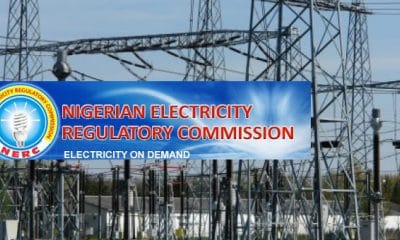- Organized labour threatens to shut down all NERC offices unless immediate reversal of electricity tariff hike is announced
- Labour demands cessation of “discriminatory practice” in electricity billing, setting deadline for tariff reversal and restoration of statutory obligations
Members of organised labour demanded an immediate reversal of the recent electricity tariff hike by the Nigerian Electricity Regulatory Commission (NERC). Failure to comply, they declared, would result in a complete shutdown of all NERC offices nationwide.
The movement, led by the Nigeria Labour Congress (NLC) and the Trade Union Congress (TUC), expressed vehement opposition to what they termed a “discriminatory practice” of categorizing electricity consumers into arbitrary bands. They asserted that such actions were unjust and vowed to take decisive measures to address them.
A letter addressed to the Chairman of NERC, with copies sent to key government officials including the Secretary to the Government of the Federation, the Minister of State for Labour, and the Minister of Power, outlined the unions’ grievances and demands.
Signed by Joe Ajaero, President of the NLC, and Festus Osifo, President of the TUC, the letter emphasized the necessity of immediate action to rectify the situation. It underscored the duty of the labour movement to protect the rights of citizens against exploitation and called for the restoration of fairness in electricity pricing.
The unions set forth three key demands: the reversal of the electricity tariff hike to its previous rate of N65/kwh, an end to the discriminatory practice of segmenting consumers, and adherence to statutory obligations governing the electricity industry.
A May 12, 2024, deadline was given for compliance with these demands. Should NERC fail to act, the unions pledged swift and decisive action, including occupying NERC and Distribution Companies (DisCos) offices nationwide until justice is served.
The letter concluded with a firm reminder of the unions’ commitment to defending the rights of citizens and ensuring accountability within the electricity sector.
